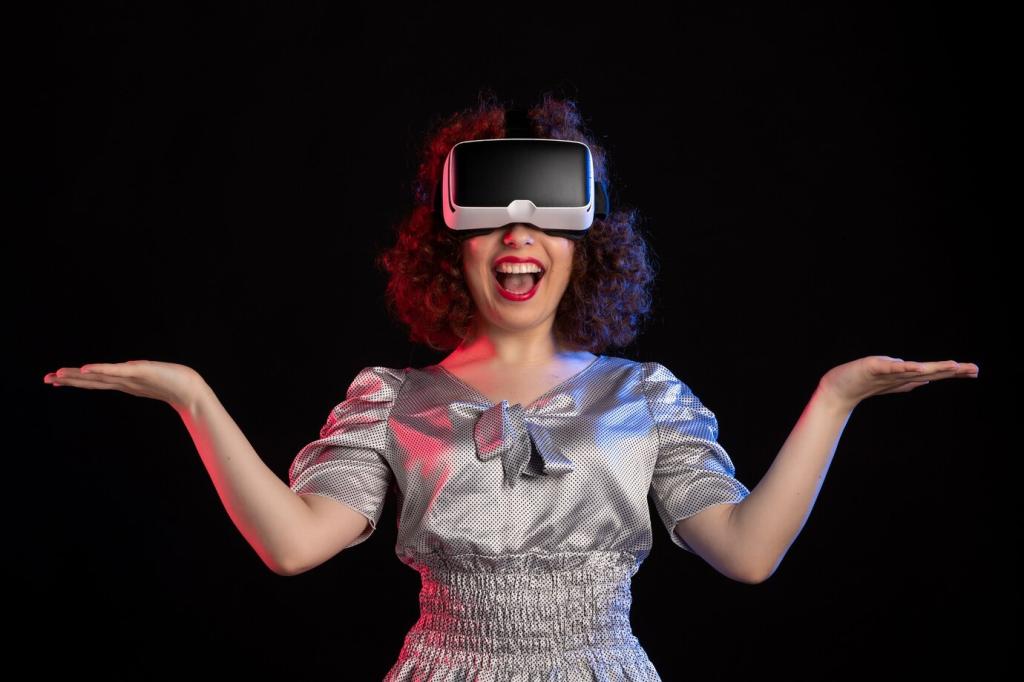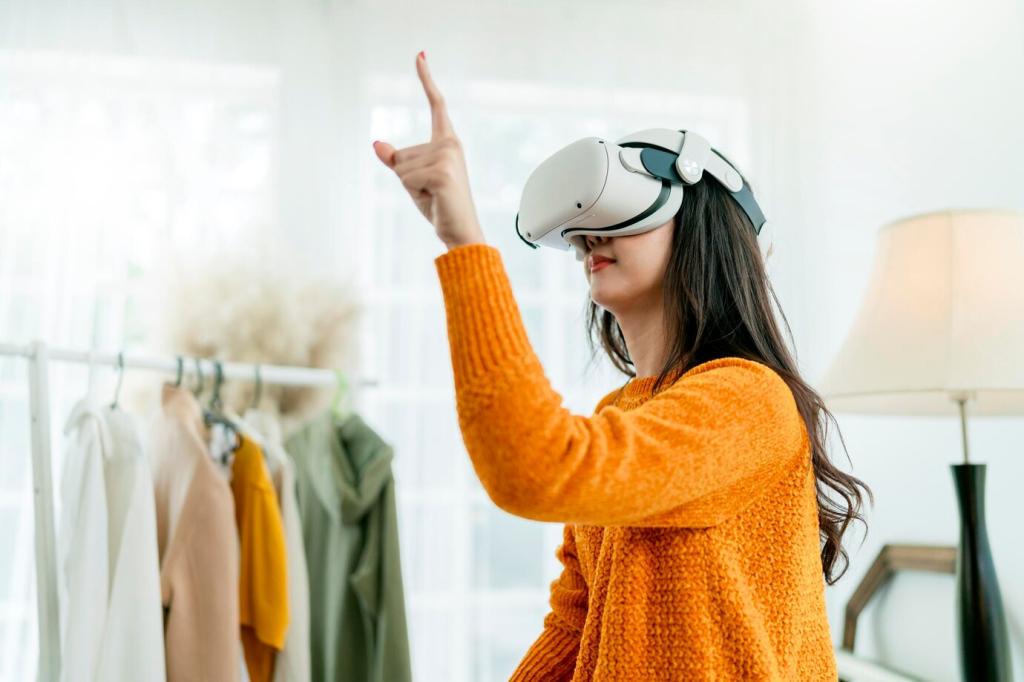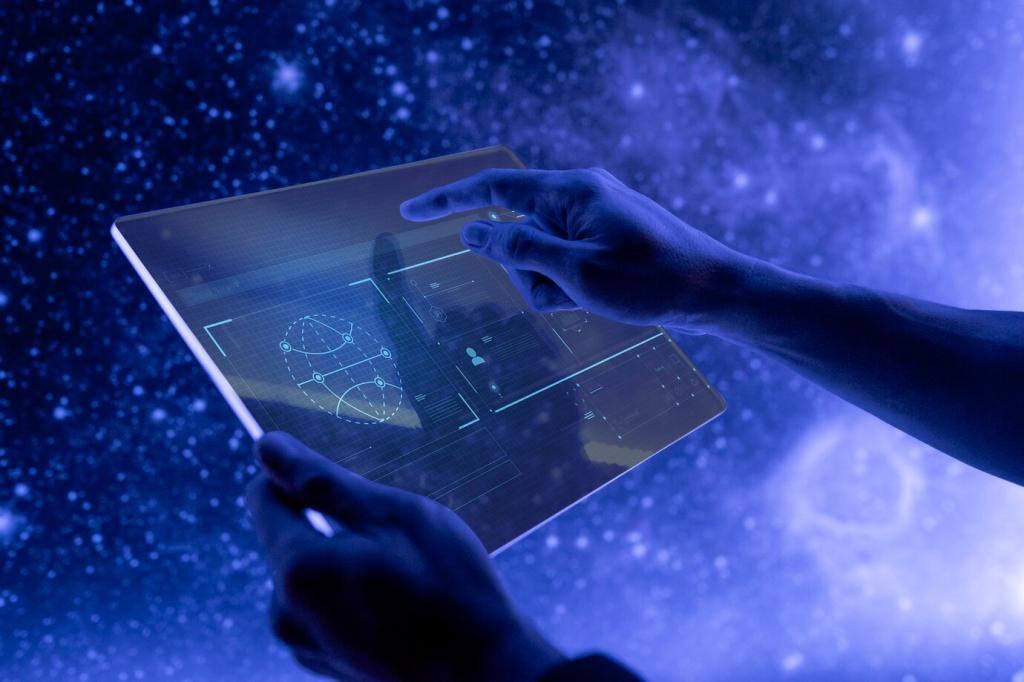
Revolutionizing Entertainment: The Future of VR Experiences
Virtual Reality (VR) is more than just a novel technology—it is redefining the way we perceive, create, and engage with entertainment. As VR continues its rapid evolution, it is blurring the lines between reality and imagination, offering immersive experiences that were previously impossible. This transformation is not just about improved graphics or sound quality; it represents a profound shift in storytelling, audience participation, and the very fabric of entertainment. The future holds unprecedented opportunities for creativity and connection, as VR becomes an integral part of global culture.
Immersive Storytelling Beyond the Screen
Dynamic Narrative Architecture
VR enables narrative designers to craft stories that adapt and respond to user interactions, fundamentally transforming the passive experience of watching a story unfold. With dynamic narrative architecture, the tale is influenced by each choice, gesture, or even gaze of the participant, resulting in a highly personalized journey. This interactivity propels engagement to new heights, making users feel integral to the unfolding events. No longer bound by a single script, experiences in VR can cater to a wide array of emotional preferences and cognitive responses, embracing non-linear storytelling that was once nearly impossible to achieve.

Social Connection and Shared Experiences

Music and live entertainment have always thrived on the communal thrill of sharing something extraordinary with others, and VR enhances this by offering virtual concerts and live events that can be attended by anyone, anywhere. Fans can now gather in the front row of a digital stadium, interact with performers in real-time, and socialize with other attendees. The participatory nature of these events eliminates barriers to entry and fosters an inclusive environment, bringing the energy of live experiences directly to each user’s home while cultivating global communities around shared passions.

The Democratization of Content Creation
Technological advancements have put powerful VR content creation tools within reach for aspiring creators without technical backgrounds. Simple interfaces, drag-and-drop systems, and intuitive scene editors make it possible for anyone to construct virtual environments and interactive experiences from scratch. This democratization is sparking new genres and encouraging experimentation, as creators focus on innovation instead of mastering complex programming languages. The cumulative effect is a richer, more varied entertainment landscape, driven by the creativity of people from all walks of life.
